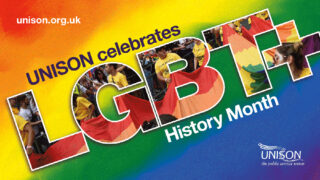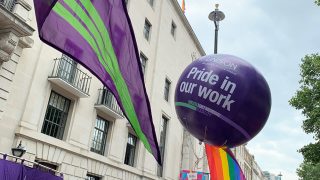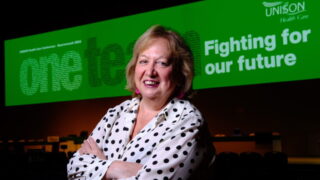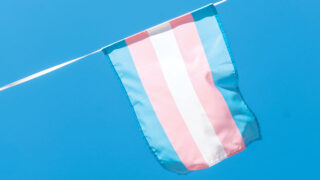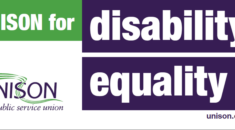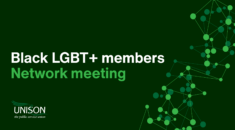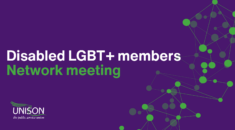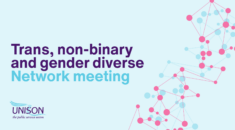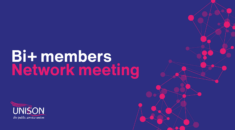UNISON’s LGBT+ groups around the UK will be casting their thoughts from LGBT History Month towards preparations for Pride events that are about to take place through the rest of the year.
With that in mind, the union is encouraging members to be aware of ethical procurement, not least as an increasing number of big companies want to display their support for LGBT+ people while in pursuit of the ‘pink pound’.
There have been questions for some years about the increasing commercialisation of Pride, which was originally a grassroots occasion about celebration and protest.
So when preparing for Pride and similar events, it’s important to ask how supportive of LGBT+ people such companies really are.
Frequently, the money generated doesn’t benefit the LGBT+ community. And even if companies do donate to LGBT+ charities, what is their stance on how ethical their products are? Are they aware of the impact that their supply chain can have?
A good example of the complexity of the issue involves the companies Primark – the clothing retailer teamed up with Stonewall and ILGA World, well-known organisations whose sole purpose is to promote, enhance, defend and protect LGBT+ equality – and H&M, which donated 10% of its sales to the UN Free and Equal campaign, promoting equal rights and fair treatment of all individuals around the world.
Primark, which sources its products from Bangladesh, has also signed up to a number of ethical charters to ensure safe working conditions for garment workers, following the Rana Plaza tragedy back in 2013.
However, both Primark and H&M have faced criticism of their ethical sourcing from the LGBT+ community, as some of their clothes are manufactured in countries where LGBT+ criminalisation and persecution persists.
There are 72 countries that criminalise homosexuality and, in a dozen, LGBT+ people can be sentenced to death simply for being who they are.
Holding business accountable
During Pride season, trade unions, employers and Pride committees themselves may source merchandise without being aware of supply chains.
In a globalised world characterised by deregulation and privatisation, products bought and used in the UK and elsewhere can have long and complex supply chains. Different stages of production take place in multiple locations and may involve contracting and outsourcing.
This has frequently led to human rights abuses, the absence of protection against discrimination, poor labour standards, and denial of trade union rights and freedom of association.
Ethical procurement is about standing up for global workers’ rights – including those of the LGBT+ community – by holding corporations accountable. If they want to be involved with a Pride event, for example, consumer power can help to ensure that they are worthy.
A long way to go
Darienne Flemington, co-chair of UNISON’s national LGBT+ committee, said she was thrilled to see this subject being raised during LGBT History Month.
“While we celebrate our very diverse and hard-fought visibility and achievements, it is good to be reminded that we are part of a global network of workers and that we still have a long way to go for the repeal of discriminatory legislation that will allow communities to collectively advance LGBT+ equality worldwide.
“Being aware of ethical procurement and supply chains helps to open up conversations and raise awareness of injustices and inequality for all workers – including those who are persecuted for their sexual orientation or gender identity.”
And this is not just idle chat, Ms Flemington insists. “The questions and challenges that arise from conversations can – and do – lead to change.”
UNISON assistant international officer Gemma Freedman put the ethical procurement issue into another context.
“Currently, around £260 billion is spent by the government annually procuring goods and services for the public sector,” she said. “As well as fighting for our members who provide those services, UNISON is at the beginning of implementing a four-year strategy to enable our members to work with their employers to procure public service goods more ethically.
“That’s the computers, mobile phones, food and uniforms that the vast majority of our members utilise in their workplaces every day.”



